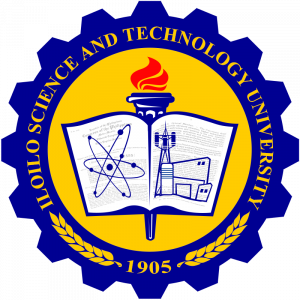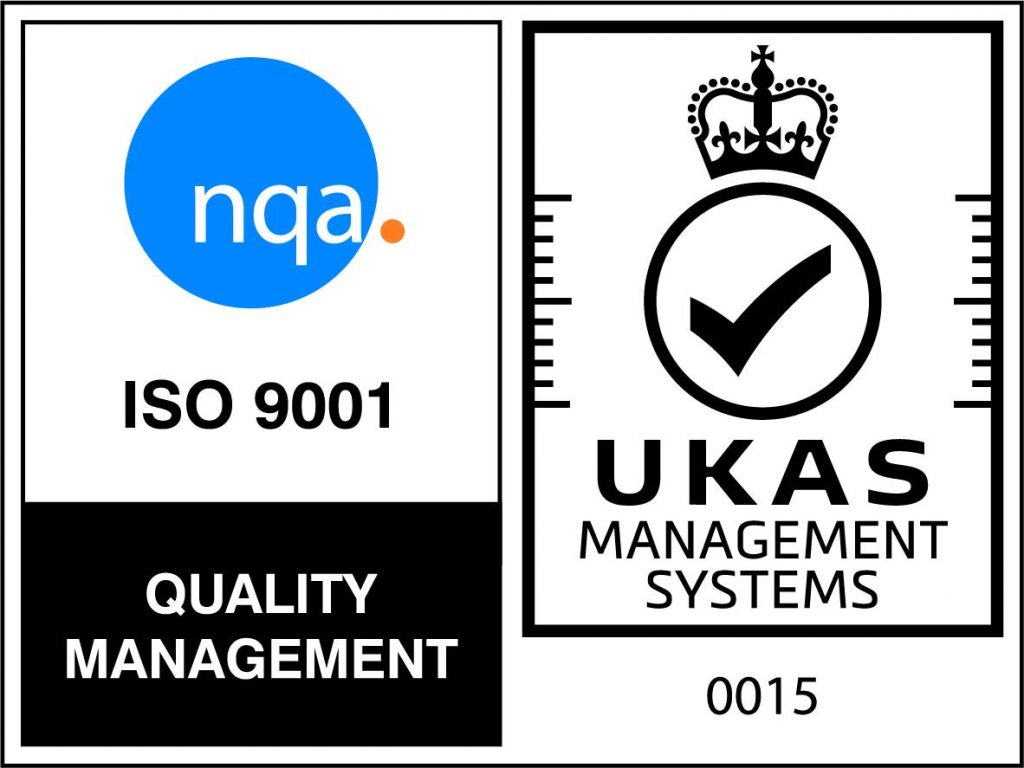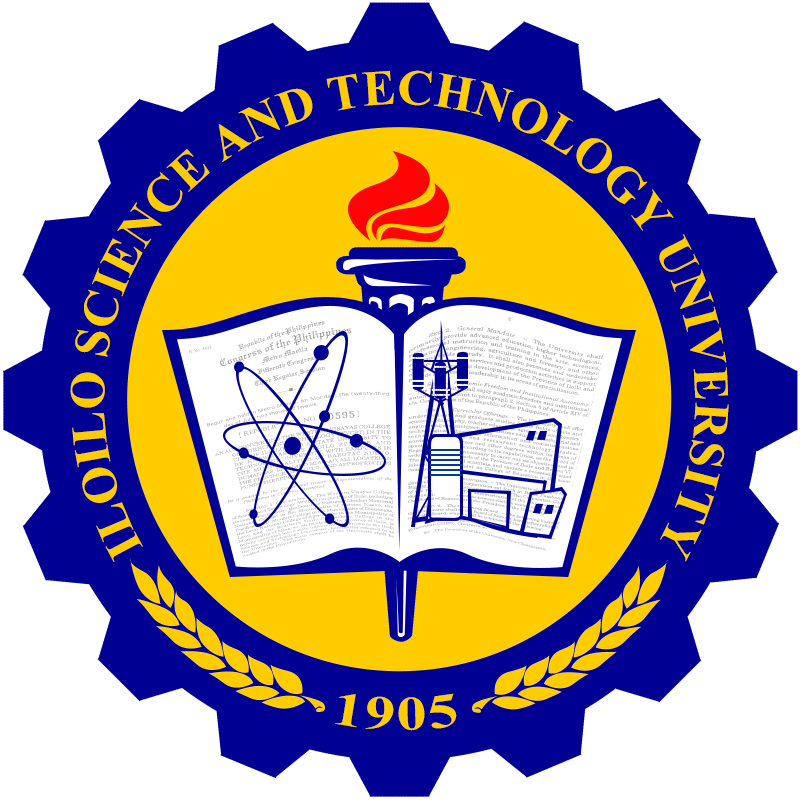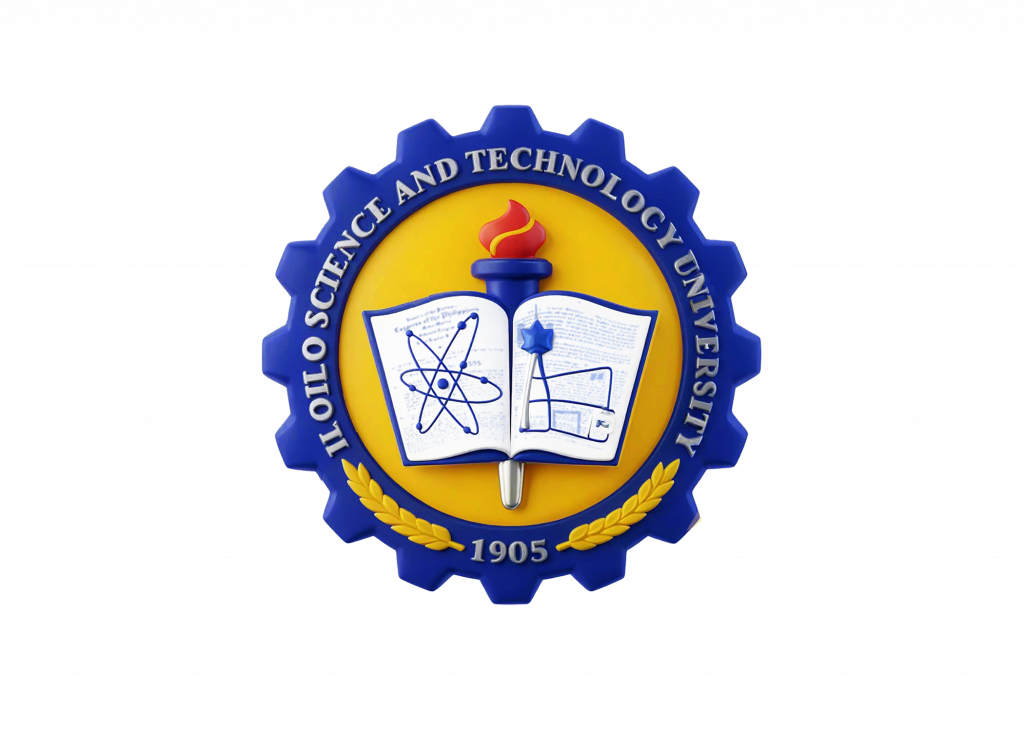Connecting Industry
Linkage
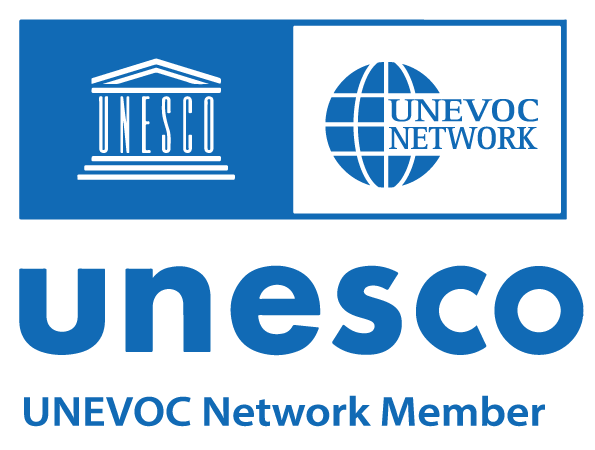
What is UNEVOC?
UNEVOC is the International Project on Technical and Education of the United Nations Educational, Scientific and Cultural Organizations (UNESCO). It was launched in 1992, following a resolution of UNESCO’s general Conference in 1991. It has established a worldwide network of entities that are committed to cooperating to achieve its overall goal. This goal is to strengthen the development and improvement of technical and vocational education in UNESCO Member States. In 1992, the German Government made a commitment to UNESCO for ongoing, substantial support. Other countries, such as the Republic of Korea, Japan, and France, are also providing significant contributions in various forms.
What are the objectives of UNEVOC?
The objectives are clustered into three programmed areas that focus on technical and vocational education and its relationship to the world of work. These areas are:
Programme Area A:
This area fosters the international exchange of ideas and experience and promotes studies on policy issues. It is devoted to the development of technical and vocational education system.
Programme Area B:
This area strengthens national research and development capabilities in order to improve the infrastructure of technical and vocational education.
Programme Area C:
This area increases
access to databases and documantation and strengthens the UNEVOC Network. It addresses informati
on, communication and networking.
What constitutes the UNEVOC Network?
The UNEVOC network includes teaching, training, planning, research and development institutions, and entities within government ministries that are active in technical and vocational education. It is a network that constitutes a worldwide perspective of this area of education. UNESCO Headquarters in Paris serve this network through interaction on the political level with governments, UN specialization agencies, and other international organizations. The Implementation Unit Berlin contributes significantly to the design and implementation of the Project. It is pivotal to the networking of UNEVOC Centres. UNESCO’s four Regional offices also execute many UNEVOC activities in Africa, the Arab States, Asia and the Pacific, Latin America and the Carribean, assisted by over 50 UNESCO partners are also involved in selected UNEVOC activities. An International Advisory Committee advises the Director-General of the UNESCO on the design and implementation of the Project.
What are UNEVOC Centres?
Member States, through their National Commissions for UNESCO, have nominated relevant national institutions to become UNEVOC Centres and Associate Centres. As of the commencement in 1996, some 140 Centres in 97 Member States had been nominated . The WVCST was nominated as Regional Center for the Philippines in 1992. The Centre is expected to give leadership and thrust to the education and development that result in effective performance within occupational roles. The responsibilities of the WVCST Regional Center include:
- Developing and leading a national network;
- Ensuring information flow to and from UNESCO and other UNEVOC network members;
- Providing research as requested by the UNESCO Secretariat;
- Contributing to UNESCO publications and databases;
- Updating the data of the UNEVOC Directory with information on all UNEVOC Centres and other relevant institutions.
The launching of the UNEVOC-Regional Center for the Philippines at WVCST on March 24, 1999 will officially channel all resources within the country. The National Commission of the United Nations in Manila, Technical Education Skills Development Authority, Commission on Higher Education and the State Universities and Colleges will actively themselves in planning, developing, maintaining, and evaluating Technical Vocational Education and Training in the Philippines. With this aim and direction, all efforts invested will be fruitful to ultimately attain the objectives of the UNEVOC as stated in Programme A, B, and C.
What are the strategies of UNEVOC?
The following are important strategies that are applied within the UNEVOC Project as a means of attaining the Objectives:
Advocacy, policy and monitoring
UNEVOC advocates, supports the development of appropriate policy, and monitors, through various means, a number of fundamental principles relating to technical and vocational education that are embraced by UNESCO. These include the correlation of effective and efficient technical and vocational education with human development ; the primary support for the least developed countries; the access for women to technical and vocational education.
Professional development and exchange
As means of harvesting the ideasa, experiences and recommendations of significant professionals worldwide within the field of technical and vocational education and of human resource development within enterprises, seminars, symposiums and workshops are organized and conducted. These are frequently done in co-operation with other important players in the field.
Constancy and advisory services
UNEVOC assists Governments and institutions in the development of technical and vocational education to bring into focus the world of work.
Co-operation
The need for cooperation and mutual support among entities responsibility for technical and vocational education, both nationally and internationally, is increasingly obvious. UNEVOC encourages and supports this co-operation in a number of ways. One important way is through the process of twinning. This is an arrangement whereby a UNEVOC Centre forms a joint association with another Centre, with a work enterprise, with research institutions, in order to co-operate in professional endeavors and to gain increased benefit therefrom.
UNEVOC Partners
International and intergovernmental organizations, such as the International Labour Organization, national governmental and non-governmental Organization, and specialized institutions in Member States, co-operate with UNEVOC. The expertise available in these institutions enhances the development of technical and vocational education around the world.
Services Available at the UNEVOC Regional Center of the Philippines
- Electronic Mail Systems
- Electronic Circulars and other info access
- Print-Based References on the areas of:
- National Profiles of TVE of 21 countries in the Asia Pacific Region
- Case Studies on TVE of 21 countries in the Asia Pacific Region
- UNEVOC publications
- ERIC Digest on Adult, Career and Vocational Education
- Trends and Issues on TVE
- INSTRAW Publications on Empowerment of Women in the World of Work
- Direct Access to other web sites such as:
- International Labor Organization (Switzerland)
- World Federation of Technology Organization
- Open Learning Information and Materials Clearinghouse (Australia)
- Center fro Inoovation of Education and Training (Netherlands)
- National Center for vocational Education and Research (Australia)
- Korea Manpower Agency (Korea)
- ERIC Clearinghouse (USA)
- Spanish Vocational Education and Training Project (Spain)
- University of Manitoba (Canada)
- Australian National Training Authority (ANTA)
- Collecting Arm of Researches along TVE for the Philippines forn inclusion in the Research Database of NCVER (Australia)
Module 1 Setting up Bars
This module deals with the knowledge and skills required in setting up bars. It includes checking of stocks for replenishment, preparing and displaying of alcoholic and non-alcoholic beverages, preparing ice supplies, condiments, accessories and garnishes for specific drink concoctions, preparing, checking and segregating bar tools, glasswares according to usage, and performing Mise en Place for bar operation.
Download evaluation module
Contents of Module:
Read Me First.txt
Topics:
1. Check stocks for replenishment.
2. Prepare and display alcoholic and non-alcoholic beverages.
3. Prepare ice supplies, condiments, accessories and garnishes for specific drink concoctions.
4. Prepare, check and segregate bar tools and glassware according to usage.
5. Perform mise en place for bar operation.
For Technical/Contents/Visual Comments, please email: unevocphil2016@gmail.com
Module 2. Song Dances and Games in Asia
In this module, you will learn about our traditional forms of music, as well as the music of our sisters and brothers around Asia. As you study this module, you will find out that you have many things in common with other Asians. You will learn that our traditional music and dances are very similar to the other music and dances around Asia.
When you were a child, you probably played games with your friends. You might also like to play sports. You will learn in this module that people all over Asia love to play sports and games. That is why we have such competitions as the SEA (Southeast Asian) Games and the Asian Games. As you study this module, you will also learn about different sports all around Asia.
Contents of Module:
Read Me First.txt
Topics:
1. Sing With Me! Lesson
2. Let’s Dance! Lesson
3. The Games They Play
For Technical/Contents/Visual Comments, please email: unevocphil2016@gmail.com
